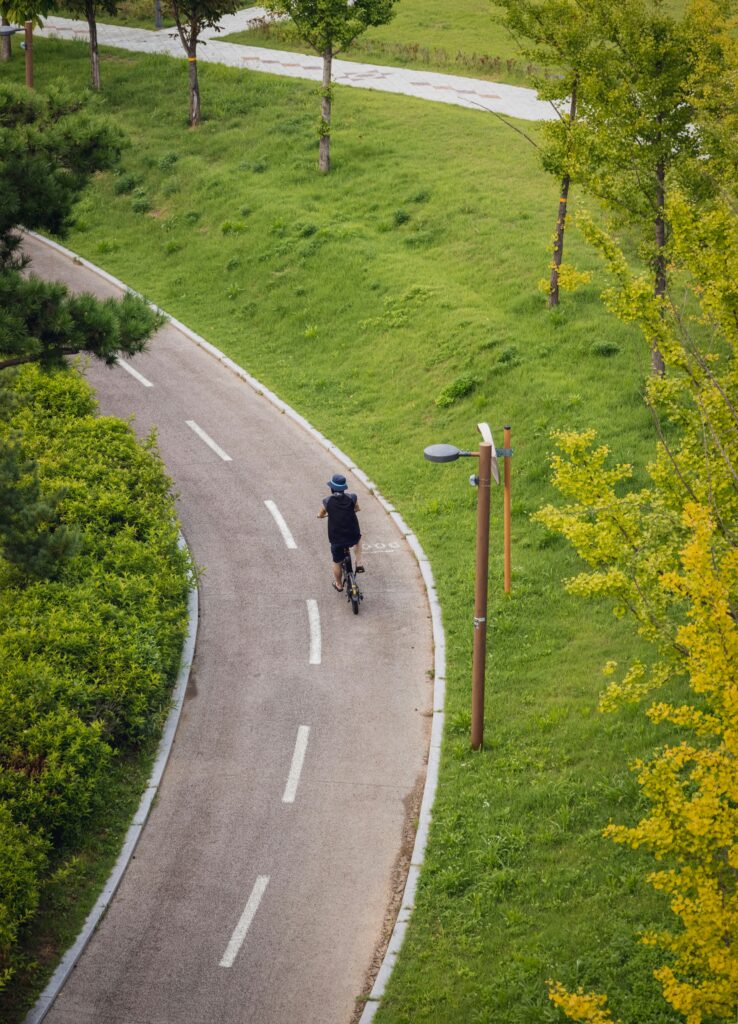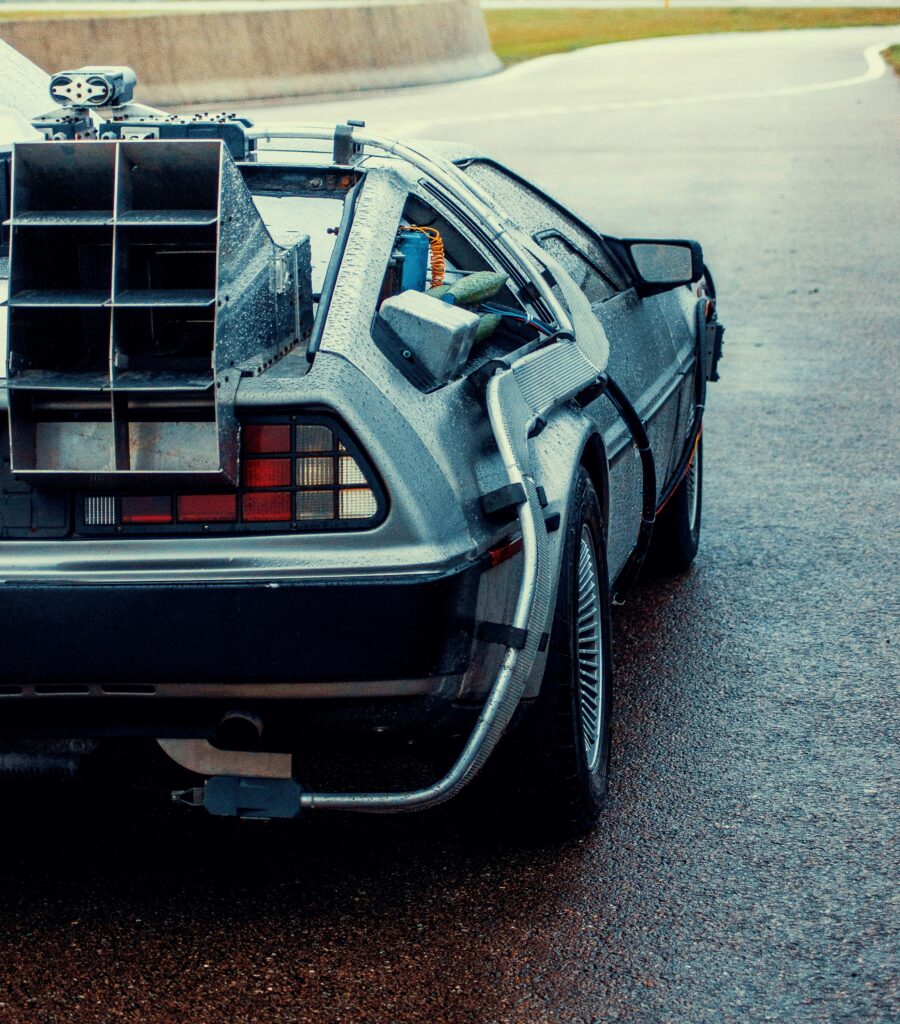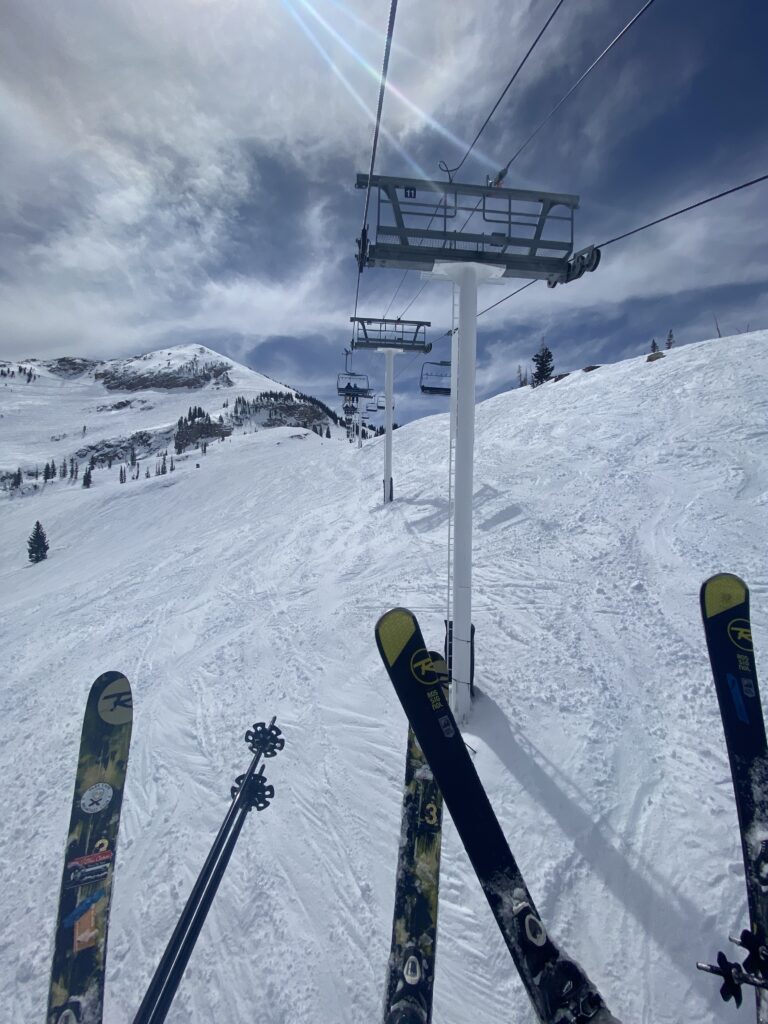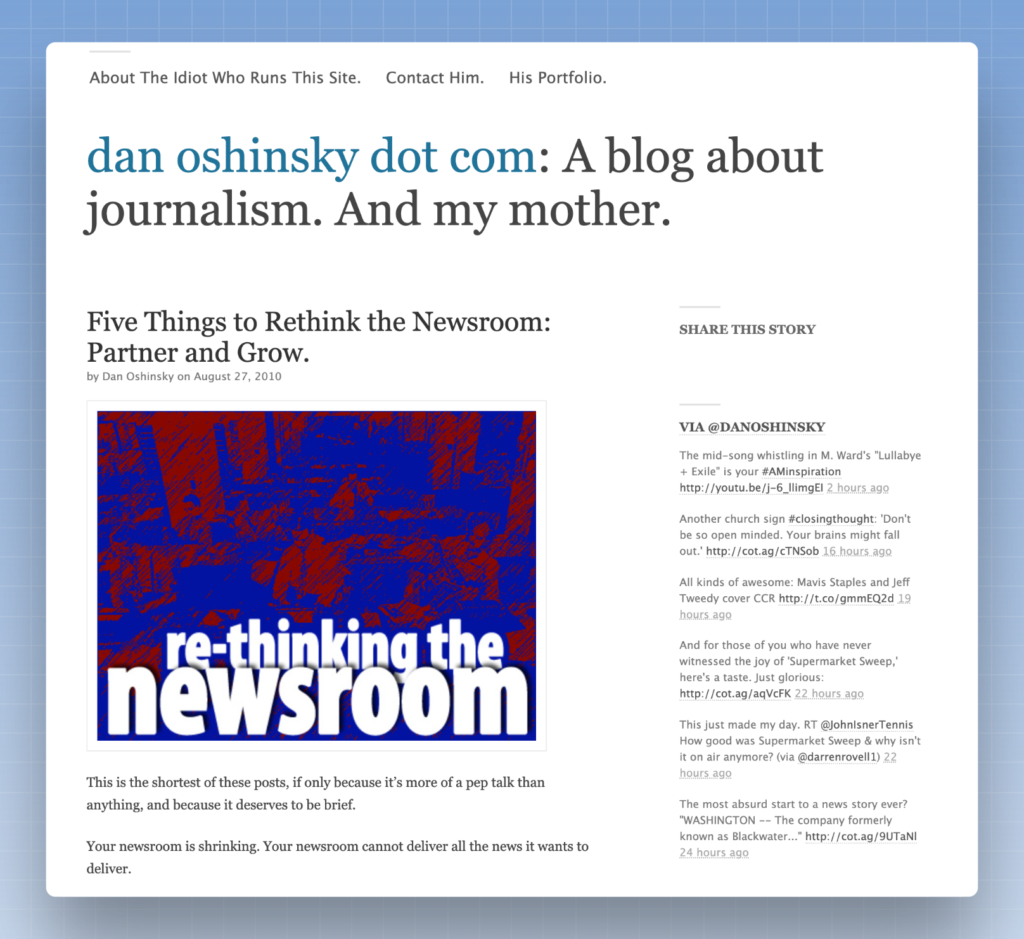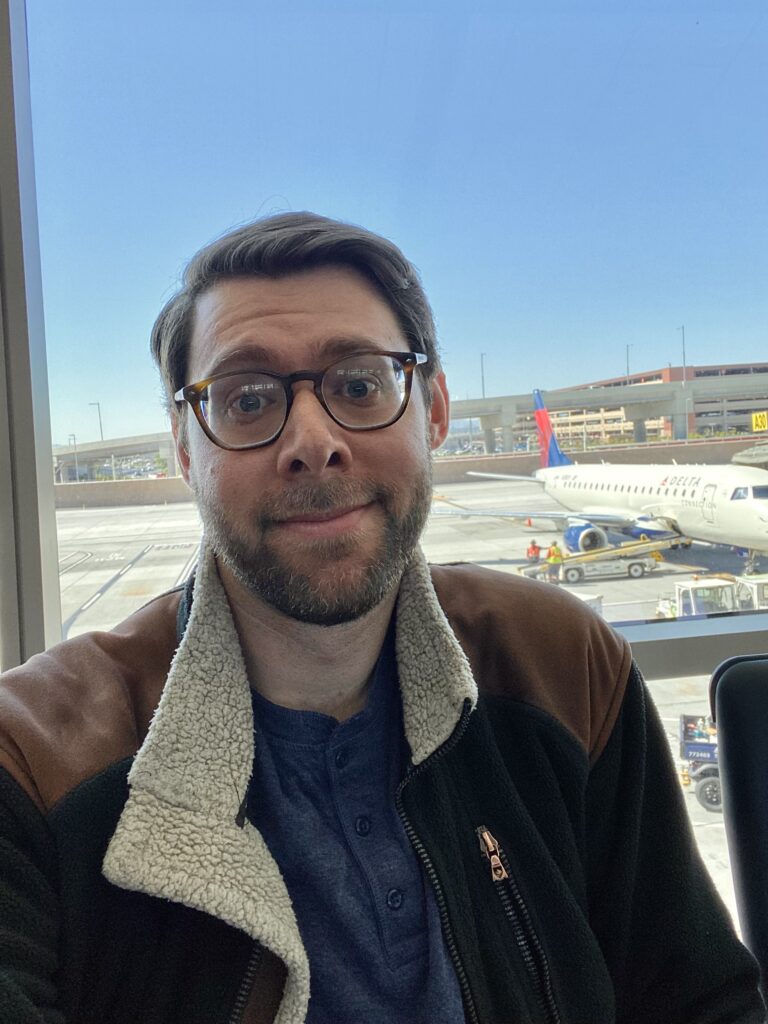
It’s Wednesday morning, about 7:20 a.m. Central time. I’m in row 13 of a flight from Chicago back home to Salt Lake City. I don’t love flying that early in the morning, but I’ve got calls later that morning and then a kiddo to pick up in the afternoon. The early flight makes the most sense. I’ve checked the stats, too — in the past 60 days, this flight’s been early or on time nearly 90% of the time. We’re all set for an on-time departure, and my flight tracker app says we’ll arrive 20 minutes early, with plenty of time to make it home for the first call.
Which is exactly what does not happen.
There’s a plane stuck behind us at O’Hare, and it doesn’t move for about 40 minutes. Instead of an on-time departure, we end up with a very-not-on-time departure. I land in Salt Lake with just enough time to know that I won’t have enough time to make it home for the calls.
There would’ve been a moment when this would’ve really upset me and probably screwed up my day. But I’ve been through stuff like this before.
So I find a gate where the plane is just about to depart — it’ll be empty for an hour or two — and set up there. I take my calls. I apologize to my clients for talking to them from an unusual spot. No one really seems to mind. When the calls are over, I get a Lyft to take me home.
Things happen. It’s up to you to roll with the changes.
———
I took that selfie at the gate just before my flight. Was I tired? Sure. Would I have been happier taking the call at home? Absolutely. But things happen.


